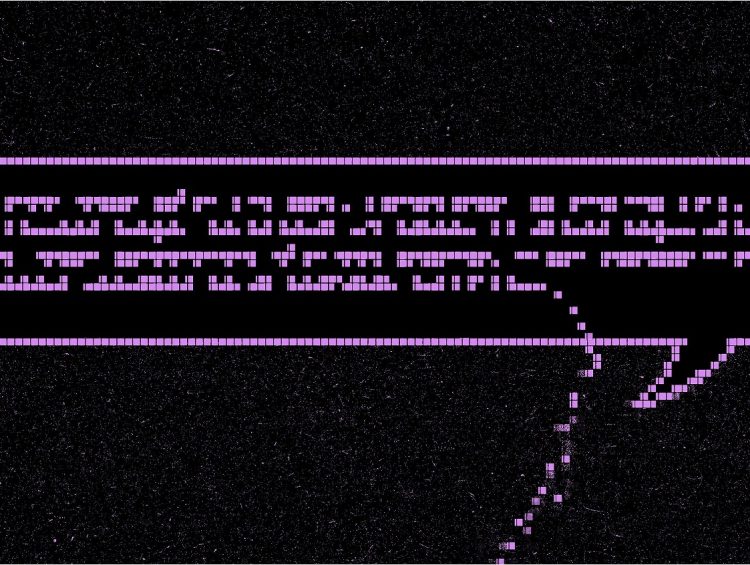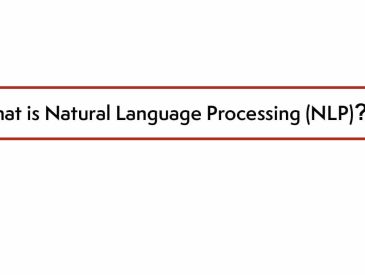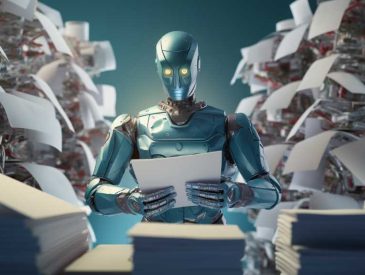Using ChatGPT is an excellent way to stay up to date with news, weather, and other information. It is especially helpful to people who are traveling, as it will help them get answers to questions they may have. Similarly, it is also useful for people who are looking to update their legal documents. Michael, a GPT-3 user, taught GPT-3 how to translate legal text into straightforward English without the use of a code. Check out this below.
Can summarize changes to legal documents
Using artificial intelligence, a new program called ChatGPT can summarize changes to legal documents. This technology has garnered a lot of attention. It is considered to be a game changer for businesses that rely on natural language processing. ChatGPT can also turn legal text into simple, easy to understand English.
Just taught GPT-3 how to turn legalese into simple plain English. All I gave it were 2 examples 🤯 Might build a term sheet and investment document interpreter out of this 🤓 pic.twitter.com/BDdwCuFce5
— Michael (@michaeltefula) July 21, 2020
ChatGPT Can answer encyclopedia questions
Despite the fact that ChatGPT is not an actual encyclopedia, it is an artificial intelligence (AI) that can answer encyclopedia questions. Its language is conversational, and its responses often exceed Google suggestions. However, while it can do a lot, there are some limitations.
The reason that it can answer encyclopedia questions is because it is trained on a large corpus of text, and can recognize patterns. It then uses human feedback to refine its output.
However, its output may not always match the values of the humans who wrote the original text. That is why it is important to use the right processes to align its outputs to the values of the people who wrote the text.
Another problem with ChatGPT is that it will reject questions that are abusive or offensive. It will also reject questions that are discriminatory. The company said that it was because of these reasons that Stack Overflow temporarily banned its content.
In addition, ChatGPT is not allowed to answer specific questions. It will only answer a question if it believes the answer is plausible. The answers may sound plausible, but they are not guaranteed to be correct. They are also not linked to the site where the information is available.
Some users have been confused when they receive a response from ChatGPT that is inaccurate. Others have been impressed by the quality of its responses. Some have used ChatGPT to write college level essays and articles. Some have even used it to make cold case murder suspects.
The answers produced by ChatGPT are derived from the internet’s huge volume of text. They are also based on regular expressions, which are powerful tools that can identify patterns in texts. Some of the answers take longer to populate than others.
In the end, though, it is doubtless a step toward the tech future. It’s also worth noting that it is free to use. It is a convenient tool to have. Nevertheless, it should be considered skeptically. It is not clear whether or not it will be able to earn a profit in the future.
It Understands code
Developed by the artificial intelligence and research company OpenAI, ChatGPT is an AI-driven language learning model that responds to questions and generates human-like written texts. Its output is fluent, formulaic, and structured in a way that mimics the structure of natural language.
Explaining and fixing bugs in code.https://t.co/Sz1ZBYBXMI
— Ben Tossell (@bentossell) December 1, 2022
It is also capable of generating code for various programming languages. It is trained on a large database of text that has been gathered from the internet.
However, it is important to note that ChatGPT is still in the research phase and has not yet been tested for use in a wide range of settings. In the initial stage of development, it is likely that it will not be able to provide answers to complex questions. In some cases, the answer will be misleading or incorrect.
The company has stated that its main goal is to produce an “AI that is friendly and that benefits humanity”. It is a non-profit organization, meaning that it does not charge for its service. In fact, it offers a free preview of its work. The API allows you to link to it, so that you can use its language learning model.
ChatGPT uses a GPT-3 model to generate human-like responses. It is trained on a large database containing a million different texts from the internet.
Despite its impressive capabilities, it is prone to making errors and producing excessively verbose output. It can even be biased or not understand what people are saying. If a question is unclear, it is unlikely that it will ask for clarification. It does not remember previous conversations.
In addition, it lacks critical thinking skills and ethical decision-making capabilities. It can also pick up bias from humans. Despite the claims made by its creators, it does not believe that robots will ever take over the human race.
Overall, ChatGPT has been a huge success, gaining millions of users in just a week. While it’s not quite ready for prime time, its lessons will benefit the company and future deployments. It is possible that it will eventually have to make money. Its price is a low single digit cents.
Responds to multiple queries
Developed by the research group OpenAI, ChatGPT is an advanced bot that responds to multiple queries. It is said to be able to mimic human language and interact in a conversational style. Users can interact with the bot through a simple interface. Some of its other features include coding tasks, content creation, and customer service. It can also respond to follow-up inquiries.
Although it’s praised for its natural language skills, some users have found the program to be unreliable. Often, it provides wrong information and sometimes produces offensive content. For example, Stack Overflow banned the program for content. Despite its limitations, ChatGPT’s abilities could make it a big deal for search engines.
While the program can respond to basic questions and offer a wide variety of answers, its developers admit that it can make mistakes. It may generate inaccurate or even inappropriate information, and it can refuse to answer requests that are dangerous or inappropriate.
The program is backed by companies such as LinkedIn co-founder Reid Hoffman and Microsoft. It was originally developed as a non-profit research center, but in 2019, it became a for-profit company. As a result, it will be reliant on user feedback to continue developing the technology.
In an effort to improve its program, OpenAI’s executives are asking for feedback from users. They hope to learn how to avoid errors, and to ensure the system can handle sensitive information. They also want to make sure the system can detect and prevent misinformation.
Currently, ChatGPT uses a ‘dialogue’ model, which is designed to mimic human interaction. However, the program has a knowledge base that ends in 2021, and the company hasn’t released any new training data since then.
The system is trained using a large artificial intelligence model known as GPT-3.5. In order to achieve this, the system has to be trained on a huge amount of text data. During the training process, the program is trained to follow a series of instructions, which it then follows.
While the system can provide plausible and interesting responses, some responses are lengthy and can be difficult to produce. The system is still in an incubation phase, and the developers acknowledge that it’s capable of making mistakes.
Currently, there are no terms of use for ChatGPT, though OpenAI has made it clear that it will not be released until it is watermarked. This will help make it more difficult for it to be passed off as a human writer.
This technology could be used to generate propaganda or spread misinformation. This is not only illegal, it can also damage a company’s reputation. Several research papers have been published on the detection of AI generated content.
However, the FAQ for the program states that there is no single entity that is responsible for determining the safety of AI systems. This is not helpful since there are many stakeholders involved in evaluating the safety of an AI system. These include consumers of the system, regulators, and other stakeholders.
In addition to generating summaries, ChatGPT can also generate an outline or outline-like writing. These texts are designed to be convincing, but they can be misleading. They can also contain racist, sexist, or insulting content.
The program is trained on billions of text samples. This means that it can learn quickly and handle new topics. But it also means that it can be programmed to ignore certain things. For example, it is programmed to avoid sex and graphic violence.
It is still unclear how ChatGPT will interact with other legal systems. For example, it is not currently capable of performing judicial decision making, but it can write political advice and critiques. It can also be used for commercial purposes. But it is not for public sector uses.
Although there are still some legal issues to be addressed, this new AI is a great example of how technology can reach the world. It is still in its infancy, but there is plenty of potential for ChatGPT to change the way we interact with technology.





